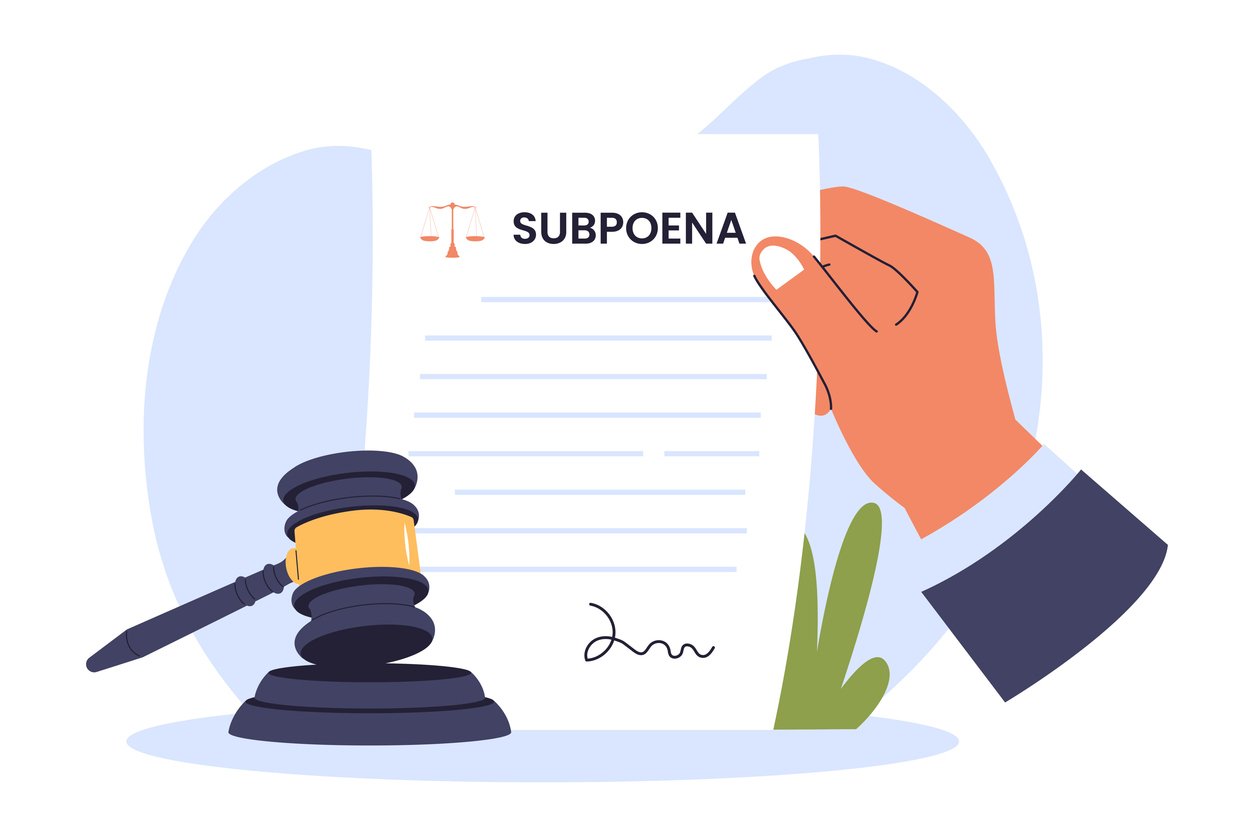Last updated on November 11th, 2025 at 12:02 pm
For musicians, understanding music royalties is key to securing long-term financial success. Royalties ensure that artists are compensated for the use of their work, whether it’s being played on the radio, streamed online, or used in movies and commercials. In this blog, we will break down the different types of music royalties and why it’s important for artists in Los Angeles to protect their rights.
What Are Music Royalties?
Music royalties are payments that artists, songwriters, and producers receive when their music is used by others. These royalties are the lifeblood of many in the music industry, providing consistent income streams.
Types of Music Royalties
There are several types of music royalties that artists can earn:
• Performance Royalties: Earned when your music is played publicly, such as on radio stations, TV shows, and live venues.
• Mechanical Royalties: These are generated when your music is reproduced, like through physical album sales or digital downloads.
• Synchronization (Sync) Royalties: These are paid when your music is used in films, TV, commercials, or video games.
• Streaming Royalties: With the rise of platforms like Spotify and Apple Music, artists receive royalties every time their song is streamed.
How Are Music Royalties Collected?
To ensure you get paid, it’s essential to understand how royalties are collected and distributed.
Performing Rights Organizations (PROs)
Organizations like ASCAP, BMI, and SESAC in the U.S. collect performance royalties on behalf of artists. By registering with a PRO, you ensure that you receive compensation when your music is played publicly.
Mechanical Licensing Agencies
Mechanical royalties are collected by agencies like Harry Fox Agency (HFA) and Music Reports. These organizations handle licensing and payments for album sales and digital downloads.
Why Protecting Your Rights Matters
Without proper legal representation, artists may miss out on royalties they’re entitled to. Working with a music lawyer can help you navigate contracts, licensing deals, and ensure you’re paid fairly for your work.
The Role of a Music Lawyer
A music lawyer can help you draft and review contracts, negotiate better terms, and ensure that you retain ownership of your intellectual property. For artists in Los Angeles, where the entertainment industry thrives, it’s crucial to have someone on your side who understands California’s music laws.
Understanding and managing music royalties is crucial for artists who want to maximize their earnings. If you need assistance in navigating royalties, contracts, or protecting your music rights, reach out to us at Law Advocate Group, LLP. Our expert legal team is ready to help you secure the compensation you deserve.



